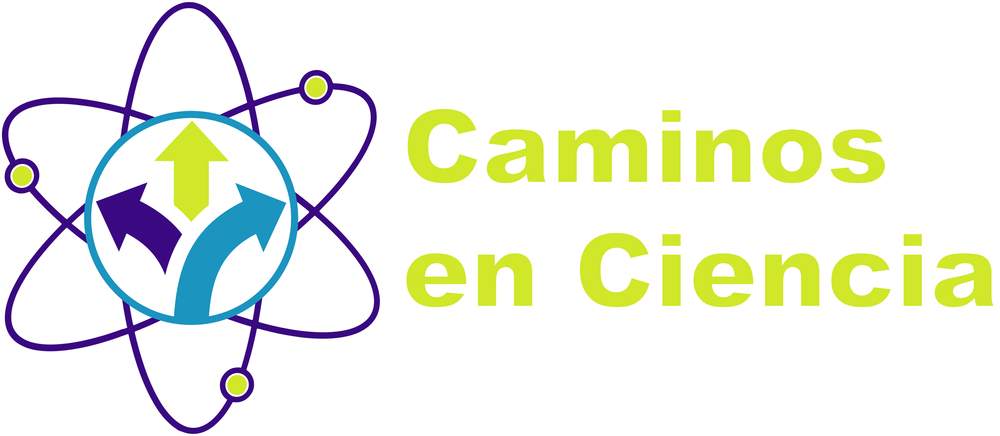By Ricardo Linares, MD/PhD Candidate at Penn
In this Episode of “Caminos en Ciencia”, Wistar’s professor Dr. Jessie Villanueva shares with us her journey of becoming an independent investigator and reflects upon her training in her home country, Peru, and some key experiences that shaped her decision to pursue a career in science.
Dr. Villanueva grew up in Lima, Peru in a family that values education and helped nurture her initial interest in science. She fondly recalls that what initially sparked her interest in science was a small microscope she received as a Christmas present. She would look around for any sample to closely examine it under the microscope lens. Later in high school, her scientific interests were strongly influenced by reading the works of Charles Darwin, James Watson, and Konrad Lorenz. After finishing high school. She grappled with the idea of pursuing science as a career, because of the common misconception, especially for those of us who grew up in Latin America, that the only way to pursue a career in science is to become a medical doctor. This was the case for me as well growing up in Peru. Dr. Villanueva was able to learn more about the path of becoming a researcher by attending career panels and talking with scientist at different stages of their careers.
Convinced that she wanted to pursue a career as an investigator, she decided to study biology at Universidad Peruana Cayetano Heredia, where she received her Bachelor of Science. She told us her first laboratory experience was working with Drosophila melanogaster, or fruit flies as it is commonly known, studying basic principles of heredity and chromosome segregation. The amazing experience she had in the lab was pivotal in her formation and convinced her beyond any doubt that we wanted to dedicate her life learning about the molecular underpinnings of the genetic code and the instances when these processes go awry, like in cancer. As she was considering applying to graduate programs abroad, an opportunity presented to work as a research technician studying liver cancer in Pittsburgh. She welcomed this opportunity and left her family and friends in the pursuit of her dreams. Leaving family and adapting new a new culture with a new language was a challenge, but she was able to overcome these and many other challenges that presented along the way thanks to her personal drive and her strong desire to succeed.
Once in the United States, Dr. Villanueva went through several transitions, from Pittsburgh to University of Miami, where she received her doctoral degree, and then to University of Pennsylvania where she received her postdoctoral training. During these transitions, one of the key things that help her is having a strong support network and a strong Hispanic community abroad that always made her feel like home. As I immigrant myself, I can speak for the importance of having strong support system, whether it is friends or family, that will ease those difficult and unavoidable times when one feels homesick.
Dr. Villanueva is now an assistant professor at Wistar and her laboratory studies the molecular pathways deregulated in melanoma, a type of cancer that develops from the pigment-producing cells known as melanocytes. She explains that most melanomas are caused by BRAF mutations, and several therapies already exist for this type of melanoma. However, up to 20% of melanomas result from activating NRAS mutations and, although they are generally more aggressive and associated with poorer outcomes, therapies for this type have remained limited. Dr. Villanueva studies the molecular mechanisms of drug resistance in melanoma with hopes that insights gained from her work will contribute to identifying vulnerabilities in melanoma that could be therapeutic targets.
She leaves us with the advice that we should find something that we are passionate about, whether in science or elsewhere, and to try really hard to pursue that passion, no matter how ambitious it may be or how unsurmountable the obstacles may seem, because - she says - “we all have the capacity to succeed”.

